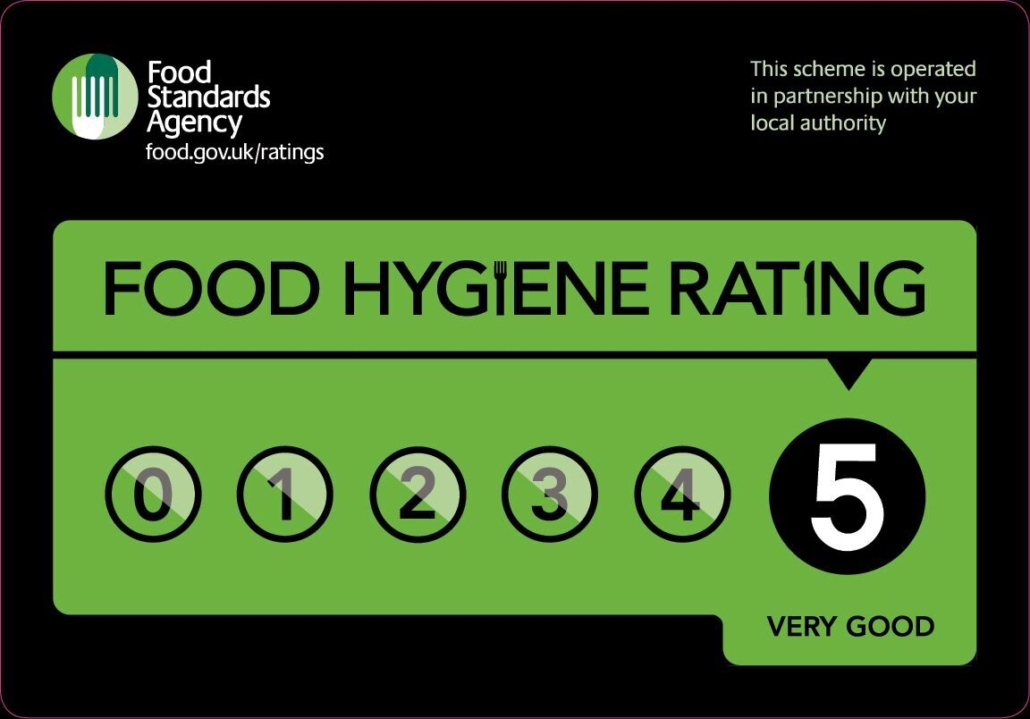
Regulatory sandbox will speed up safety assessment of cell-based food
The UK Food Standards Agency (FSA) has selected eight companies to participate in a two-year regulatory programme set to speed up market approval and safety assessment of cell-cultivated products.
The UK continues to work towards becoming the world’s No. 1 development centre for climate-friendly cultivated foods. Following the announcement that the UK will invest £2bn to boost biomanufacturing capacity and engineering biology in late 2022, the Food Standards Agency FSA will significantly improve its regulatory framework to allow pre-market novel food tastings and safety assessment of cultivated feed and food.
Eight companies will participate in a two-year sandbox programme, to ensure that their cell-cultivated products (CCPs) are safe for consumers before they’re sold. A team of scientists and regulatory experts will gather rigorous scientific evidence about CCPs and its manufacturing processes, to inform how the Food Standards Agency (FSA) and Foods Standards Scotland (FSS) how regulate these products. The ultimate goal is to enable the FSA to assess CCP applications as efficient as the US or Singapore, which need less than 12 months for product approval, and make sure CCPs are safe. Through the programme, the FSA is committed to completing the full safety assessment of two CCPs within the next two years. Two years ago, the United Nations’ FAO launched also a programme to foster safety assessment of cultivated proteins, which include CCPs.
Selected CCP companies include Hoxton Farms (UK), BlueNalu (USA), Mosa Meat (The Netherlands), Gourmey (France), Roslin Technologies (UK), Uncommon Bio (UK), Vital Meat (France) and Vow (Australia). Additionally, scientists from the Cellular Agriculture Manufacturing Hub (CARMA) at University of Bath, the National Alternative Protein Innovation Centre (NAPIC), and the Bezos Centre for Sustainable Protein will participate in the programme, together with lobbyists from the Alternative Proteins Association (APA) and the EU-registered think tank The Good Food Institute Europe (GFI).
A survey of 13,000 consumer across 13 nations published by Leaps by Bayer in February found that global acceptance for cell-based and cultivated protein is rather low (39%), globally as well as in some EU member states. However, recent breakthroughs in serum-free cell culture will make cell-based food and feed much cheaper. This has been identified by German researcher from University of Göttingen as a major driver for acceptance, particularly by men.


 Cyril Marcilhacy
Cyril Marcilhacy adobe-Stock.comCHONCHANOK PHOTO
adobe-Stock.comCHONCHANOK PHOTO Gourmey
Gourmey